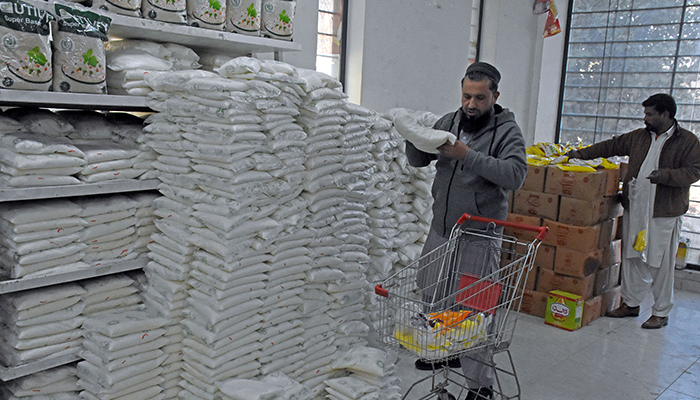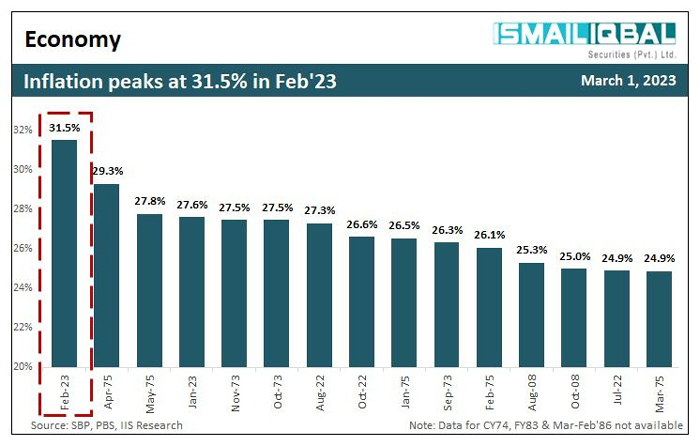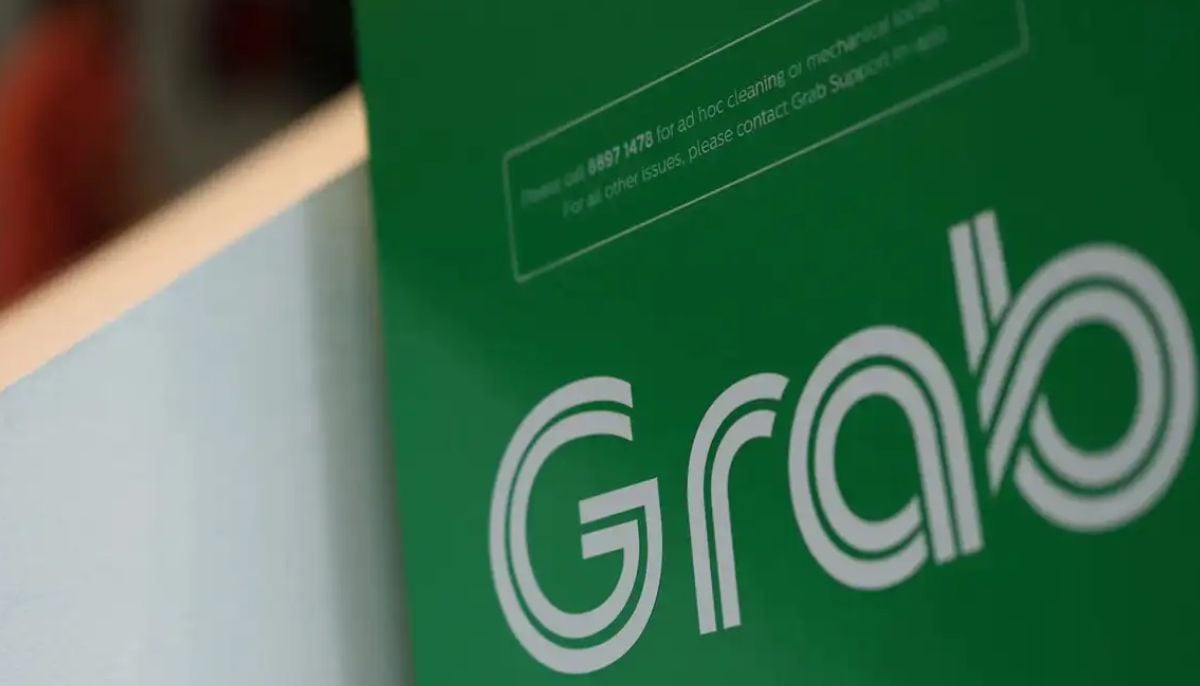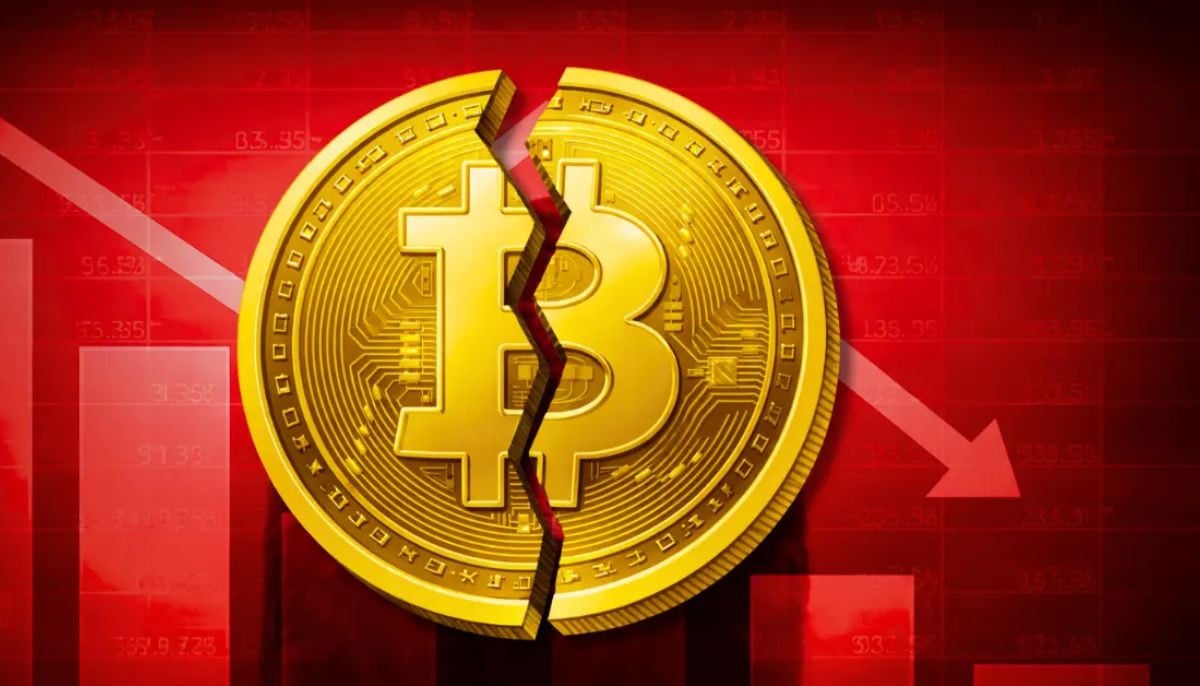Price shocks worsen as February inflation hits all-time high
Monthly inflation rate jumps 4.3% in February over January due to increase in average food prices
Pakistan’s inflation — as calculated by the consumer price index (CPI) — shattered all records and jumped to a historic high of 31.5% in February following a price hike in food and transportation groups — which will further add to the misery of the already burdened masses.
The fresh inflation reading issued by the Pakistan Bureau of Statistics (PBS) on Wednesday has also augmented the prospects of a further rise in interest rates in the upcoming monetary policy committee (MPC) meeting — which the central bank has preponed for March 2.
The inflation rate rushed to 31.5% in February over the year — the highest since the available data i.e. July 1965. Last time, in April 1975, the inflation had been recorded at slightly over 29%.
The pace of increase in the prices beats the expectations of the finance ministry that had just a day ago given a 28% to 30% inflation range.
The monthly inflation rate jumped 4.3% in February over January — which according to Sana Tawfiq — an economist at the Arif Habib Limited — surged due to an increase in the average prices of food items such as poultry, fruits, pulses, oil, vegetables, ghee, LPG, gas charges, and domestic petroleum products.
The inflation reading suggests that the government will have to review its strategy to unlock the critical $1.1 loan tranche from the International Monetary Fund (IMF). The government has not been able to regain any lost ground from the IMF and is giving one after another shock to the people.
The core inflation, calculated after excluding the volatile energy and food prices, also spiralled to 17.1% last month in urban areas and 21.5% in rural areas, signalling price growth is gathering pace across most categories of goods and services.
Going forward, Tawfiq said that inflation is likely to remain elevated on the back of higher food prices (especially due to the Ramadan factor), tariff hikes and a weaker currency.
The inflation rate — which has lingered above 20% since June after the coalition government curtailed imports — has been aggravating due to the logjam of containers, the weaker rupee against the dollar, and the tough strategies implemented by the Ishaq Dar-led Ministry of Finance.
CPI breakdown
The Wholesale Price Index (WPI), which monitors prices in the wholesale market, also rose sharply to 36.4% in February compared to 23.6% in the same month a year ago.
The PBS reported that the overall inflation rate recorded an increase in both the urban and rural areas. The inflation rate in urban areas surged 28.8% in February and rural areas soared 35.6% over the same month of the last year. In February last year, the inflation rate in urban areas was 11.5% meanwhile, in rural areas it stood at 13.3%.
The food inflation rate in villages and cities soared to 47% and 41.9%, respectively, on a yearly basis. In February 2022, food inflation for villages and cities clocked in at 14.6% and 14.3%, respectively.
The non-food inflation rate was recorded at 20.8% in urban areas and 25.3% in rural areas compared to 9.9% and 12.2% in the same month last year.
The food group saw a price increase of 16.14% in February from the same month a year ago. Within the food group, prices of non-perishable food items surged 2.32% on an annualised basis; meanwhile, the prices of perishable goods surged up by 16.14% year-on-year.
The inflation rate for the housing, water, electricity, gas, and fuel group — having one-fourth weight in the basket — rose by 3.11% (year-on-year) in the last month.
Average prices for the transport group increased by 3.34% in February. Prices related to restaurants and hotels surged 2.36% (year-on-year).
On a month-on-month basis, the price of chicken jumped by 19.82%, followed by a 17.21% surge in cooking oil price, a 16.59% rise in vegetable ghee, and nearly 16% in cigarettes, according to PBS. The prices of pulses, fish, pulses, meat, and milk fresh recorded an increase within a range of 1.5-11% in the last month.
The average inflation rate for the first eight months (July-February) of the current fiscal year came in at 26.19%, the PBS data showed.
-
Uber enters seven new European markets in major food-delivery expansion
-
Will Warner Bros finalize deal with Paramount or stays loyal with Netflix's offer?
-
$44 billion Bitcoin blunder: Bithumb exchange apologizes for accidental payout
-
Global memory chip crunch puts spotlight on Apple; Will iPhone become more pricey?
-
Bitcoin plummets toward $60,000 as investors dump risky bets
-
Bitcoin crashes below $63K as regulatory pressure and market fears grow
-
Bitwise Crypto Industry innovators ETF: What investors should do in 2026?
-
Nintendo shares slide again as momentum fears grow













